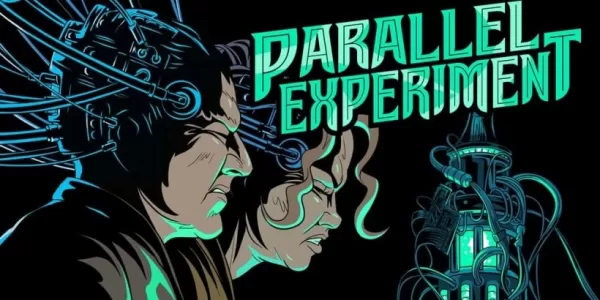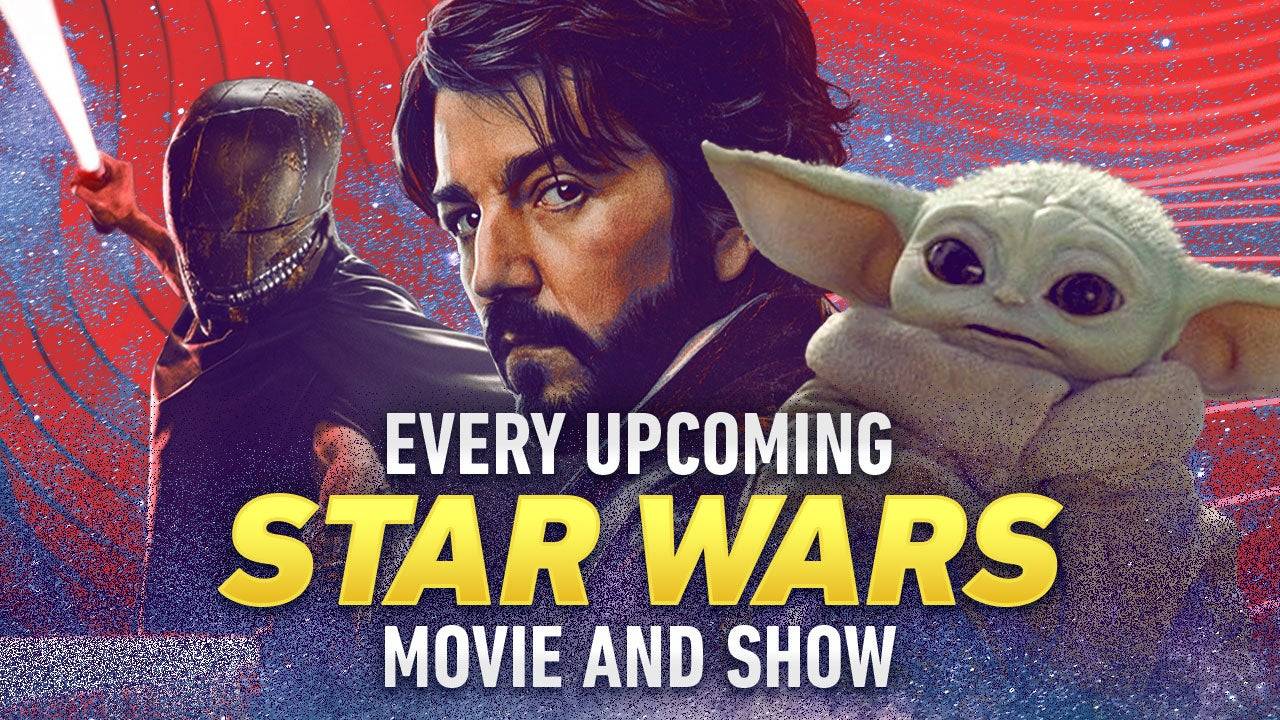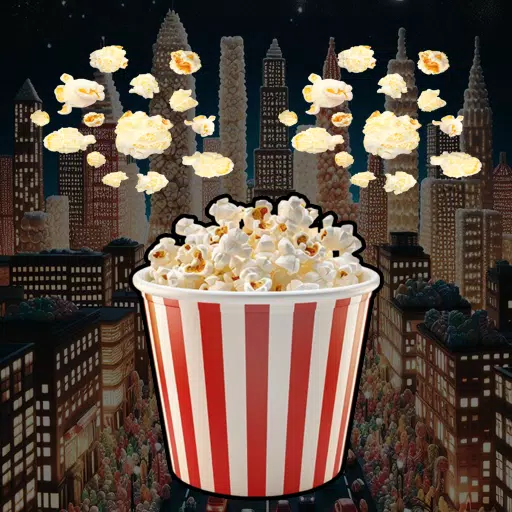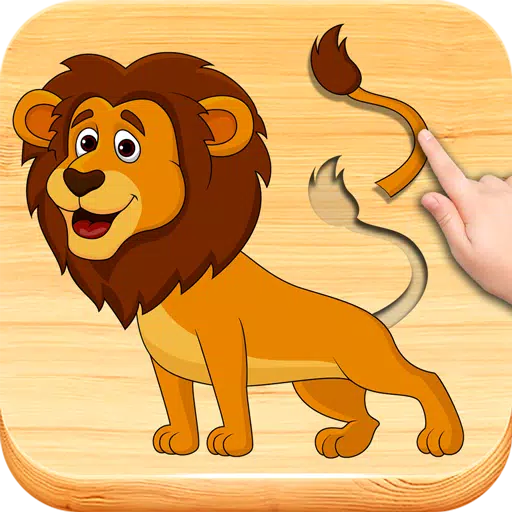Warner Brothers' decision to remove its entire catalog of original Looney Tunes shorts from HBO Max is a significant blow to fans and animation enthusiasts alike. These iconic shorts, which were produced from 1930 to 1969, are not just entertainment; they are a cornerstone of the "golden age" of animation and have played a crucial role in shaping Warner Brothers' identity.
According to Deadline, the removal aligns with Warner Brothers' strategy to focus on adult and family programming, as children's content reportedly does not attract substantial viewership on the platform. This shift in focus appears to overlook the cultural significance of the Looney Tunes franchise. The decision to cancel the deal with Sesame Street for new episodes at the end of 2024 further underscores this troubling trend, despite the show's longstanding contribution to childhood education since 1969. While some newer Looney Tunes spinoffs remain available on HBO Max, the essence of the franchise has been stripped away.
This move comes at an odd juncture, coinciding with the release of the new film, "The Day the Earth Blew Up: A Looney Tunes Story," which hit theaters on March 14. Originally commissioned by Max, the project was sold to Ketchup Entertainment following the Warner Brothers and Discovery merger. The film's distribution by a smaller company with a limited marketing budget has resulted in a modest box office performance, earning just over $3 million during its opening weekend across more than 2,800 theaters nationwide.
The timing of these decisions is particularly jarring in light of the controversy surrounding last year's "Coyote Vs. Acme." Warner Brothers Discovery chose not to release this completed Looney Tunes film due to distribution cost concerns, a decision that has drawn widespread criticism from the artistic community and fans. In February, actor Will Forte condemned the decision as "f—king bulls—t," expressing his frustration and anger over the studio's choice to withhold the film from audiences.
These developments suggest a troubling disconnect between Warner Brothers' business strategies and the cultural heritage of its animation legacy. As fans and artists voice their discontent, the future of cherished franchises like Looney Tunes hangs in the balance.

 LATEST ARTICLES
LATEST ARTICLES 












